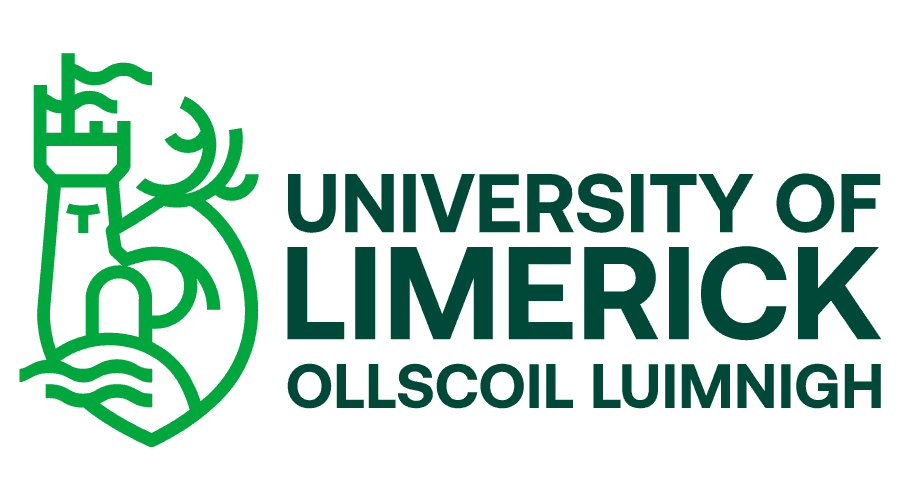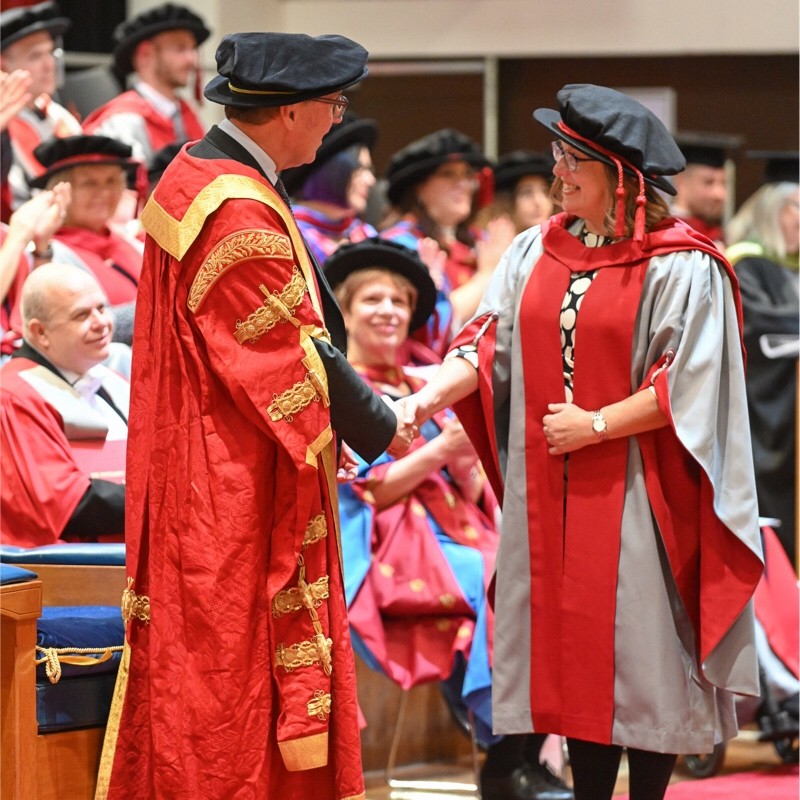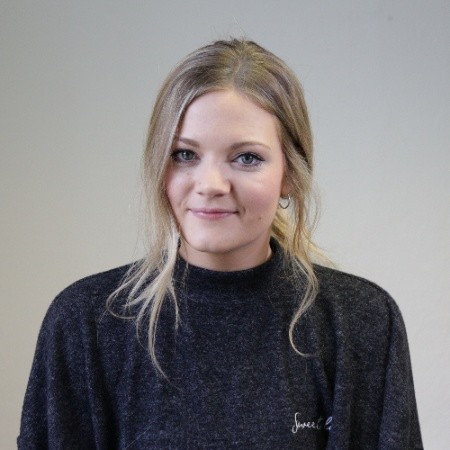University of Limerick
Learn how Sandra Flynn, a Teaching Fellow from the University of Limerick increased student engagement amongst quieter students by using Vevox.


Increasing student engagement with Vevox
Sandra Flynn is a Teaching Fellow in Project Management at the University of Limerick. She implemented Vevox into her teaching for the duration of a 6-week module to assess the impact the introduction of a polling tool would have on student engagement.
The below is an article written by Sandra detailing her implementation of Vevox for the duration of the 6-weeks, discussing her methods of integrating Vevox into her teaching & the outcomes in relation to student engagement:
Both I and the students found Vevox helpful for class activities.
However, I was keen to use the Vevox surveys feature in a short mid-module closed book, in-class test. My plan was to pose 10 questions, that students would answer using their digital device of choice during a 30-minute period in class time. With 10% of the module marks up for grabs, I applied settings so that the students were identified, rather than anonymous, and would be awarded marks for participation. I reserved the right to reduce the default mark awarded, but saw it as an opportunity for students to pick up an easy 10%. In the Brightspace module, I presented the following message to students:
Week 4 is a good opportunity to reflect on learnings at the mid-point of the module. A 30-minute in-class test has a goal of assessing your knowledge and understanding of the project lifecycle and the project management process groups. Administered using the Vevox Survey feature, integrated with Brightspace, 10 questions are presented requiring open-ended answers. This test is worth 10% of the module marks.
The process was quite straightforward. In Vevox I created a new session since the original session did not appear to like ‘mixing’ anonymous and identified student settings. In Brightspace I was then able to link to the new Vevox session and all appeared in order. It was opportune in a sense that two students were unable to make the scheduled class so I conducted a pilot for them the day before, opening the survey for the duration, and promptly closing it once their time was up.
When asked for their feedback, they were probably more focused on the content of the 10 questions than using Vevox (fair enough), but the good thing for me was that Vevox worked as I hoped it would. I downloaded the data report and was delighted that the Survey Results Excel worksheet was neatly laid out and required no formatting apart from minimal text wrapping.
Over in the Brightspace Grades tool (hidden from students) I could see that the full marks were applied to each student, and I was easily able to adjust the default mark as necessary during the module grading process. When ready to release the marks, I wrote a generic message and unhid the assignment in Brightspace.
At our Week 5 class, and before I released the marks, I asked students for their feedback on the test. A few expressed a preference for multiple choice questions (no surprise there) but more were quite positive about the experience. Here are some sample quotes:
"The test was good. And gave an opportunity to know how much effort I put in to learn the concepts and how much I will need to work on the module."
"I think it was fair and well-structured and [we] were given enough time for the test."
"The test was necessary for our understanding."
"I liked the exam, but found a few of the questions repetitive/similar."
"Overall, it was a good experience in the test."
With this first experience now in the rear view mirror, for my next module with this class I plan to create a similar design, this time in the format of a short reflection based on three questions using Vevox and Brightspace.


